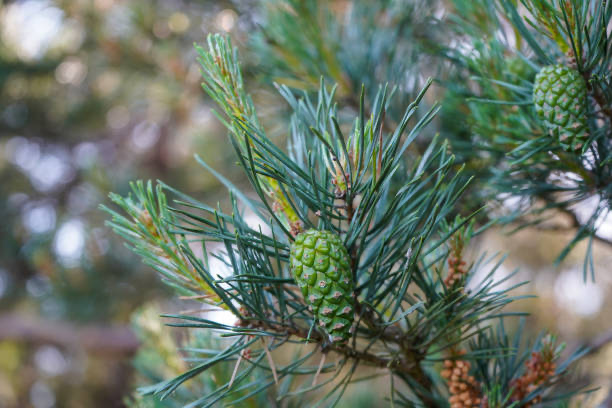As you no doubt found during the lockdowns, staying indoors was not good for your mood or mental health. Now you have returned to your offices; it is not so easy to get outdoors, especially as winter looms.
Research conducted during the first lockdown in the UK (in the spring and early summer of 2020, when there was barely a cloud in the sky!) showed that over 60% of adults felt depressed, and 46% were more irritable when spending all their time at home.
Improve your circadian rhythm and sleep

A lack of exposure to daylight, especially dawn/morning daylight, can disrupt your body clock and the essential sleep hormone - melatonin.
Natural daylight, especially first thing in the morning, is essential for keeping the body clock in time. This morning light kick starts your melatonin production, ready for around 10 pm, when it is naturally released into your bed, ready for your bedtime.
Building Your Immunity

Take that a bit further and go for a walk in woodland or greenery. According to Dr Jennifer Wild, a consultant clinical psychologist and associate professor at the University of Oxford, your heart rate will slow. This will lead to lower levels of inflammation-inducing stress hormones, which in turn helps heighten your body's immunity.
There is scientific evidence supporting this eco-therapy. The Japanese practice of 'Forest Bathing' is proven to lower heart rate and blood pressure, reduce stress hormone production, boost the immune system, even help fight cancer, and improve overall feelings of wellbeing.
Forest Bathing... just being in the presence of trees

Trees have healing powers. They release antimicrobial essential oils called Phytoncides. These protect trees from germs and have many health benefits for us humans.
Phytoncides

Phytoncides are antimicrobial allelochemical volatile organic compounds derived from plants. Dr Boris P. Tokin, a Russian biochemist from Leningrad University, found that some plants give off very active substances that help to prevent them from rotting or being eaten by some insects and animals.
Cedar, garlic, oak, onion, pine, tea tree, spices, and other plants give off phytoncides. More than 5,000 volatile substances defend plants that produce them from bacteria, fungi, and insects — Phytoncides work by inhibiting or preventing the growth of the attacking organism.
Being with trees has a positive effect

In a study in Japan in early 2000, being with trees had significant positive effects on the subjects' nervous systems.
Forest bathing reduced stress hormone production, lowered blood pressure and heart rate, suppressed the sympathetic "fight or flight" system, and enhanced the parasympathetic "rest and recover" system.
Participants reported feeling better, sleeping longer, and enjoying these effects for weeks following.
Japan went on to spend $4 million researching forest bathing from 2004 to 2012, testing the effects on hundreds of subjects in different contexts and forests. In one study with 12 healthy participants, Nippon Medical School measured natural killer cells in participants' immune systems before and after exposure to woods.
Natural killer cells promote immune system health, attacking infected cells and cancerous tumours. The study's subjects showed significant increases in natural killer cell activity after a weekend in the woods, and the positive effects lasted a month.
Japan now has 62 designated therapeutic forests, attracting about 5 million visitors annually.
Trees' benefits are easily transferred to cities and indoor settings — visit a park or grow plants at home, where you can see, smell, and touch the healers.
Forest medicine may be humanity's most accessible and free health care.
If you want to learn more, click below:
 unknownx500
unknownx500






